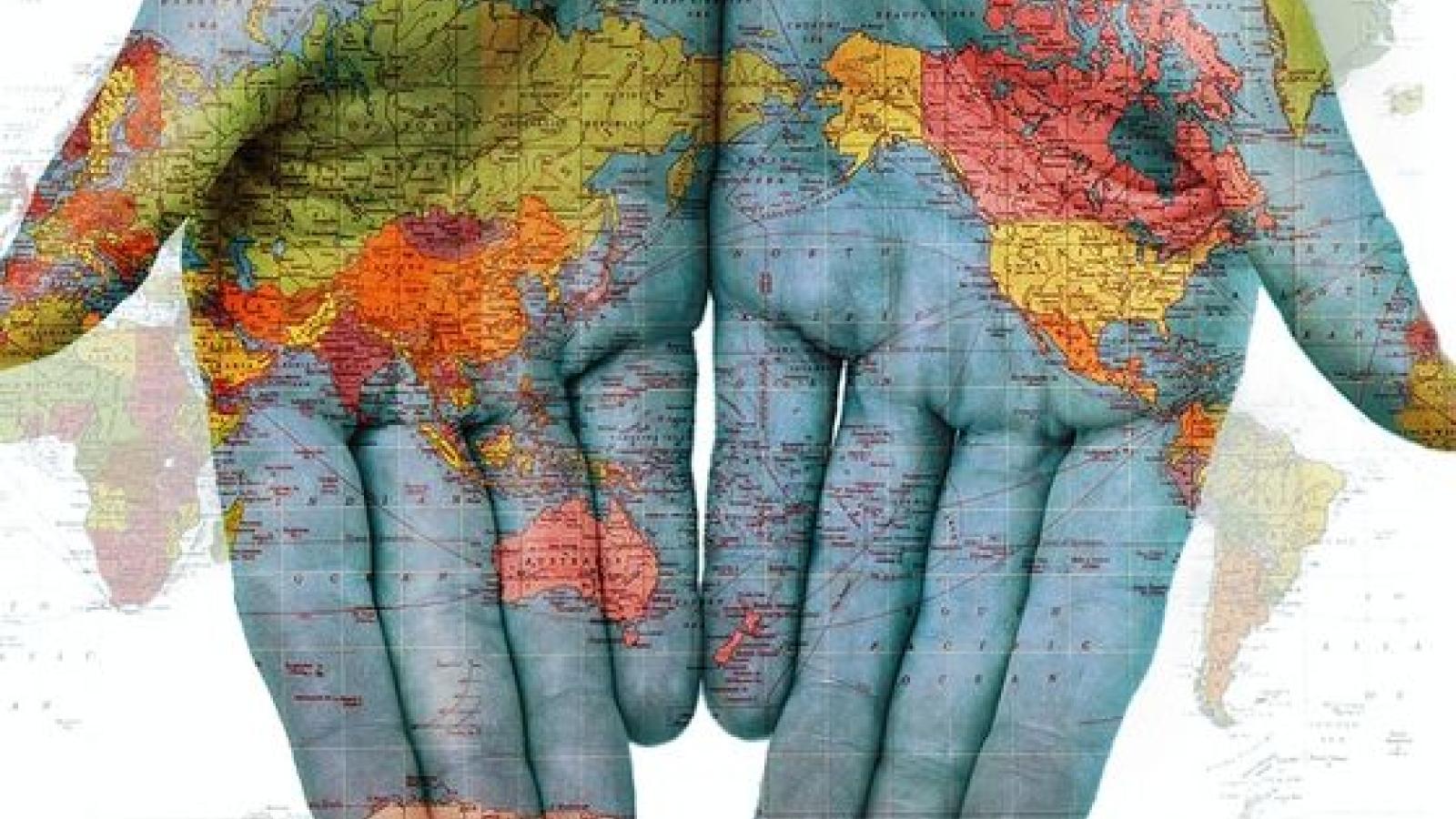Understanding the reciprocal relationships between social and environmental processes.
Natural disasters are not necessarily natural. Events such as Hurricane Katrina are shaped by physical processes such as climate change, the weather, and hydrology. Social processes such as land-use decisions, racial inequality and poverty, and political decision-making can transform a large storm into a disaster. In addition, biogeophysical and social processes are intimately linked and constantly influencing each other. Further, a local event such as the disaster in New Orleans is connected to processes originating from local to global scales.
Understanding the reciprocal relationships between social and environmental processes is the foundation of the study of Environment & Society (E&S) in Geography at Ohio State.
Research and teaching in this area emphasize that the human relationship to the environment can be biological, economic, political, physical, cultural, chemical, and social. Students enrolled in E&S will become familiar with relevant theories in human and physical geography, appropriate methods of inquiry, and case studies of environmental challenges.
Issues and topics
The following is an example of the types of issues and topics students will study within the Environment and Society specialization.
Global challenges
- Global challenges
- Deforestation
- Global climate change
- Pollution
- Ozone depletion
- Desertification
Law and policy issues
- Environmental management
- Legislation
- Conservation
- Socioeconomics
Ecological systems (human-environmental impact)
- Soil degradation
- Landform change
- Hydrology
- Plant distribution
- Climatology
Field research
- Interviews
- Cartography and GIS
- Spatial analysis
History and philosophy
Acquired skill sets
Students can expect to acquire and perform the following skillsets within this specialization. Students also should have a solid background in mathematics and the physical sciences.
- Critical thinking
- Critical writing
- Research
- Strong organizational skills
Technical skills
- Quantitative and qualitative data analysis
- Graphic communication (including map reading and development)
- Graphics and statistical software packages
Environment and Society Track Curriculum
Undergraduate Curriculum
Graduate Curriculum
Career opportunities
Geographers can find career opportunities in many fields both within and outside the field of geography. Below is a partial listing of careers that students within the Environment and Society specialization are well-suited and where previous graduates have found employment.
- Environment analyst
- Planner: transportation, energy, water, hazardous waste, etc.
- Manager/planner for the U.S. Environmental Protection Agency
- Flood plain manager
- Environmental policy
- Attorney: environmental law
- Natural hazards specialist
- Cultural ecologist
- Water/air quality specialist
- Government: Natural resources
- Environmental monitor for state health departments
- Location expert
- Business consultant

